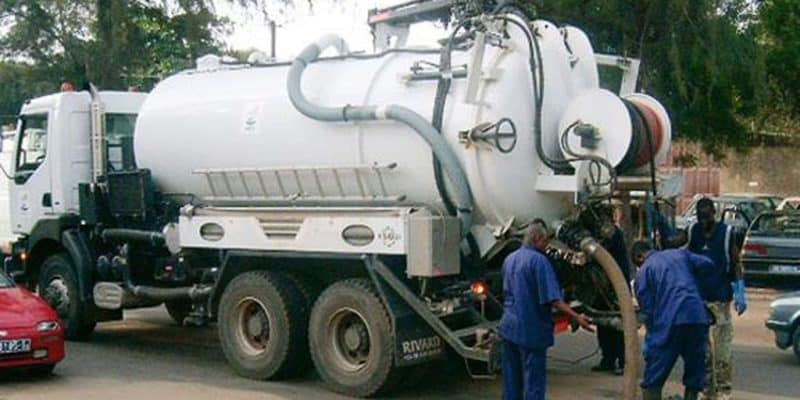In Senegal, the religious city of Touba, the second most populous city after Dakar, needs €262 million to tackle the problems of hygiene and access to drinking water that are holding back its economic growth.
News on the implementation of the sixth Sustainable Development Goal (SDG6) in Touba. The city, 194 kilometres east of Dakar in Senegal, needs 172 billion CFA francs (more than 262 million euros) to speed up its sanitation master plan. This budget was assessed as part of the preparations for the “Grand Magal”.
This is an annual pilgrimage commemorating the departure into exile of the founder of the Mouride brotherhood, Sheikh Ahmadou Bamba Mbacké. To this end, the civil and traditional authorities intend to enhance the appeal of the holy city. According to the khalif Sheikh Abdoul Ahad Mbacké, the funding should help find a permanent solution in terms of infrastructure, given the “dilapidated state of Touba’s sewage system, which dates back to 1948”.
With regard to the drinking water distribution network, the spokesman for the event also suggested that “the technicians fear a rise in the water table”. The 172 billion CFA francs sought from private investors will therefore be used to support a number of sanitation and water supply systems already put in place in Touba by the Senegalese government, with the aim of strengthening the resilience of its 1.5 million inhabitants.
Read also-SENEGAL: An initiative to green Touba, Diourbel and other religious cities
The Senegalese National Sanitation Office (ONAS) has already deployed 50 hydrocureur trucks in the religious city. These vehicles have been used to empty cesspools and install mobile toilets, particularly in the Gouye Mbind, Khaira and Samer neighbourhoods. The Téranga authorities have also provided the municipality of Touba with 24 pumping lorries to evacuate rainwater and protect against the risk of flooding.
Benoit-Ivan Wansi





